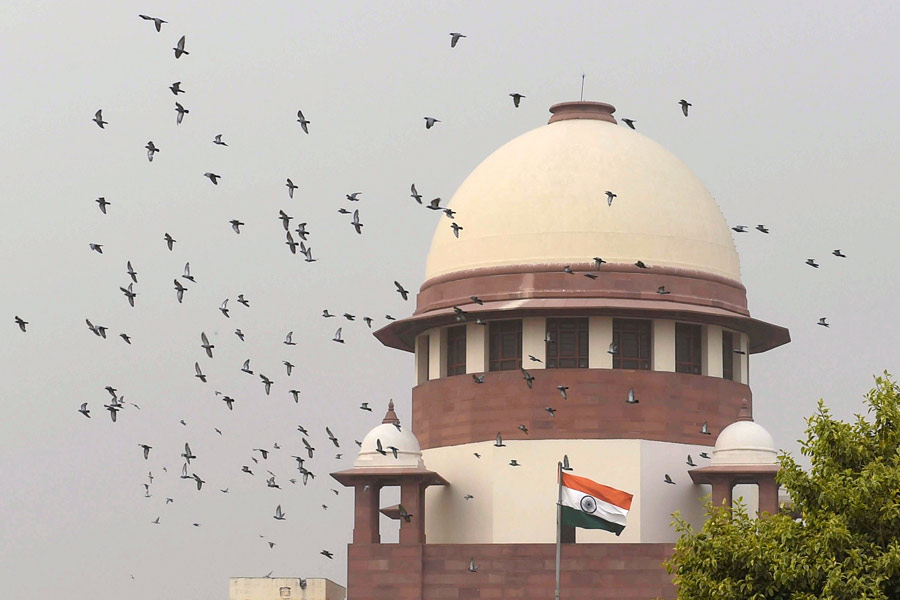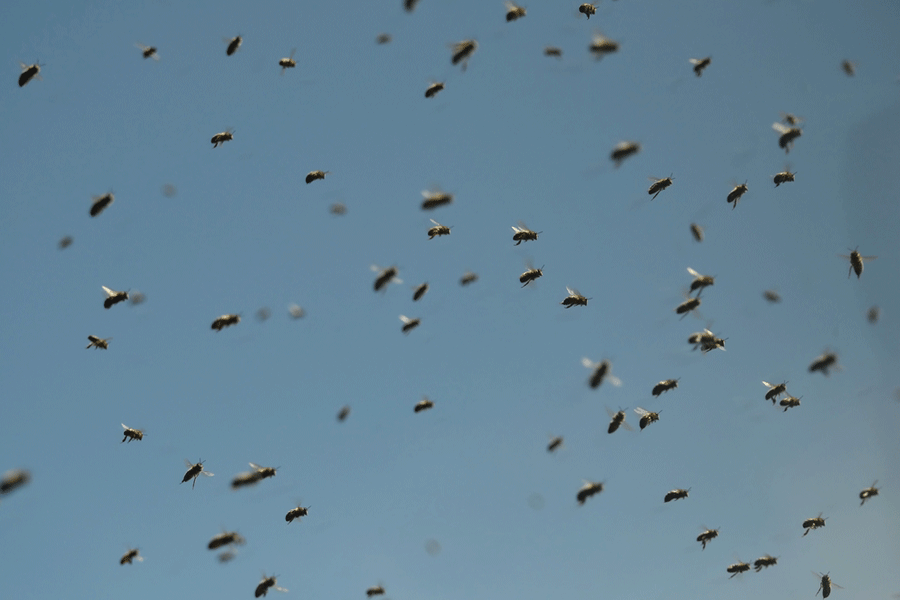 |
| Global stage |
Ranchi, Nov. 23: Chhau has taken a step forward.
The traditional folk dance form that retells episodes from epics like Ramayana and Mahabharat as well as Puranic themes has found a place in Unesco’s elite list of Intangible Cultural Heritage of Humanity. The tag is expected to bring international recognition to Chhau, which is slowly dying, and thus help preserve it.
According to Unesco’s official website, the fifth session of the organisation’s inter-governmental committee, chaired by Jacob Ole Miaron of Kenya in Nairobi, added 51 new entries to its list of intangible heritage. The session got over on November 19.
While four new entries figure on the list of intangible cultural heritage in need of urgent safeguarding, the remaining 47 have been categorised under the Representative List of the Intangible Cultural Heritage of Humanity.
Chhau is one of the three Indian art forms, along with Kalbelia folk songs and dances of Rajasthan and Mudiyettu, a ritual dance-drama form of Kerala, to feature on the second list Unesco had received a total of 57 nominations from across the world for this category.
Welcoming the development, the first director of Seraikela Chhau Dance Academy, Sashadhar Acharya, whose 10-minute documentary on Chhau fetched it the Unesco recognition, said: “This is a special status for the dance form. The government is now expected to shower more attention on Chhau.”
“Besides, the recognition means that Unesco will offer financial assistance to preserve the dance form,” added Acharya, a recepient of Sangeet Natak Akademi Puraskar.
Chhau is popular in tribal-dominated areas of Purulia, Seraikela and Mayurbhanj in the three states of Bengal, Jharkhand and Orissa, respectively. Accordingly, the dance form has three sub-genres — Purulia Chhau, Seraikela Chhau and Mayurbhanj Chhau. The first two schools use a variety of masks to identify with the characters during performances while the third uses none.
The dance is usually performed in spring with the shows peaking during Chaitra Parab. But with urbanisation, Chhau no longer gets the patronage it earlier received.
Attempts have been made by different organisation and the state government from time to time to preserve and promote it. In fact, Sangeet Natak Akademi has already held a meeting in New Delhi, where it decided to take immediate steps to revive Chhau, said the secretary of Kalamandir, Jamshedpur, Amitava Ghosh.
“We will organise annual Chhau festivals and repertories and seminars with international experts,” Ghosh, who attended the meeting, said.










